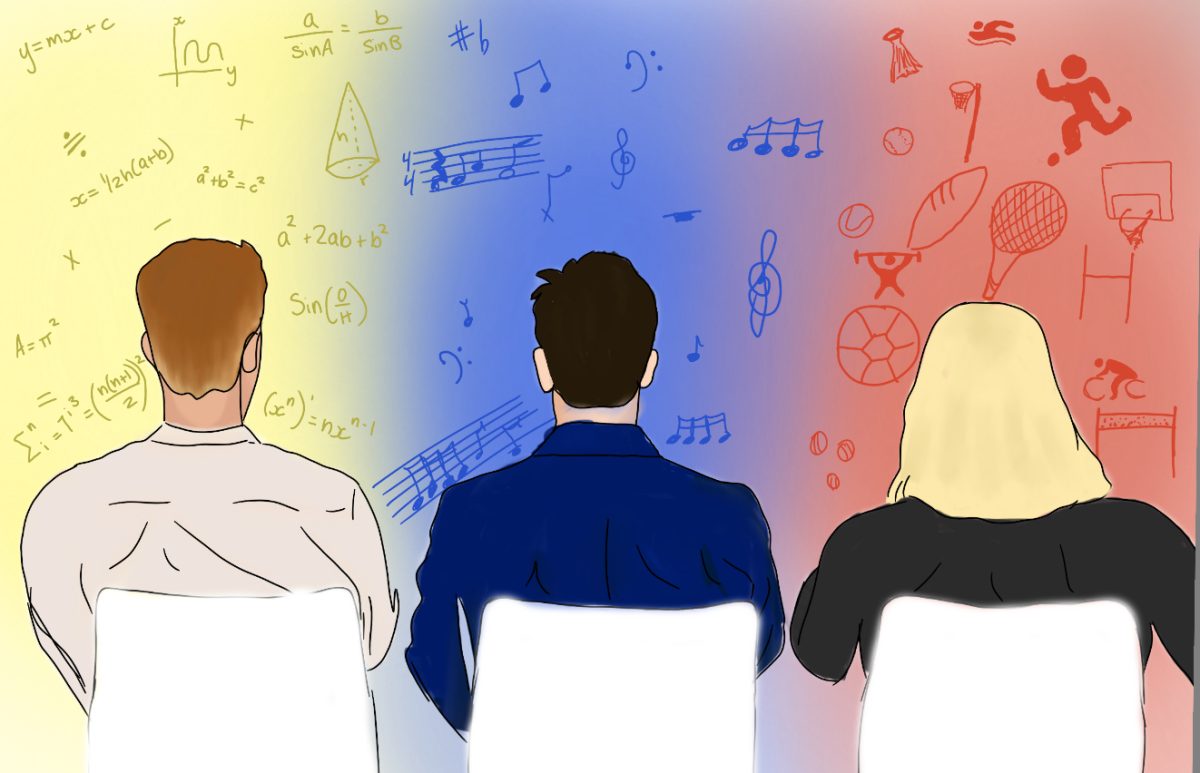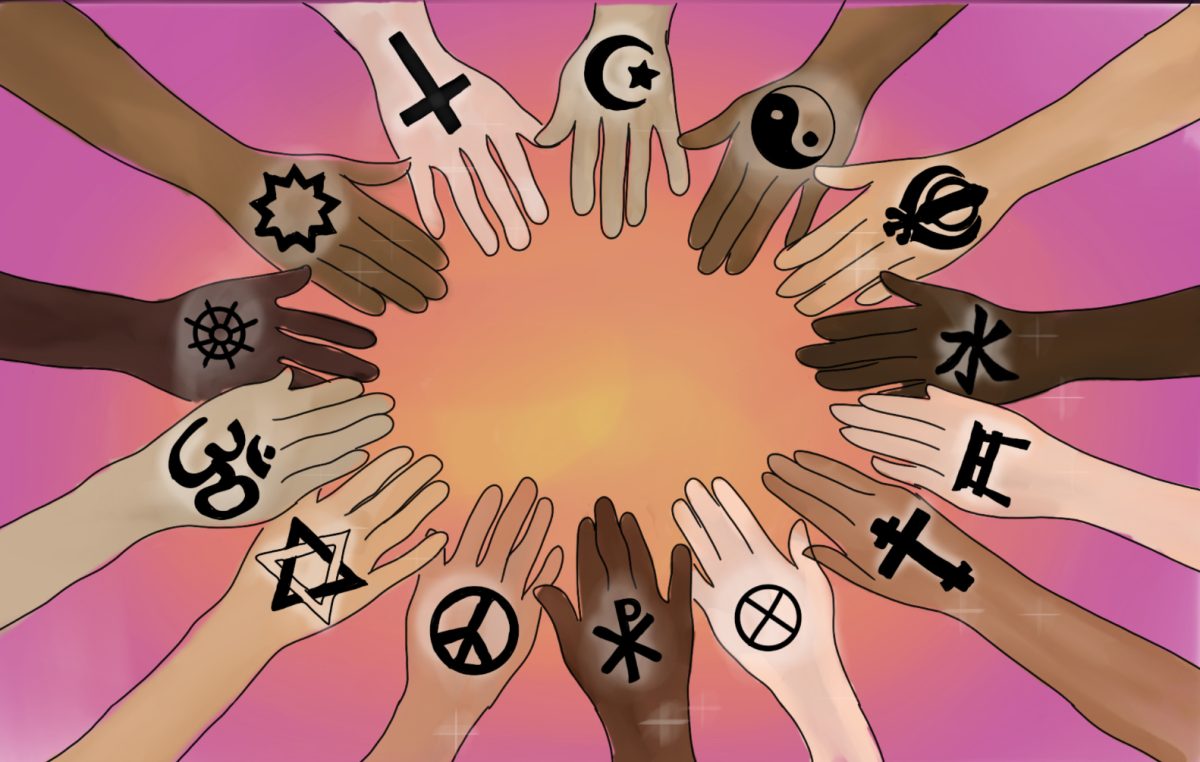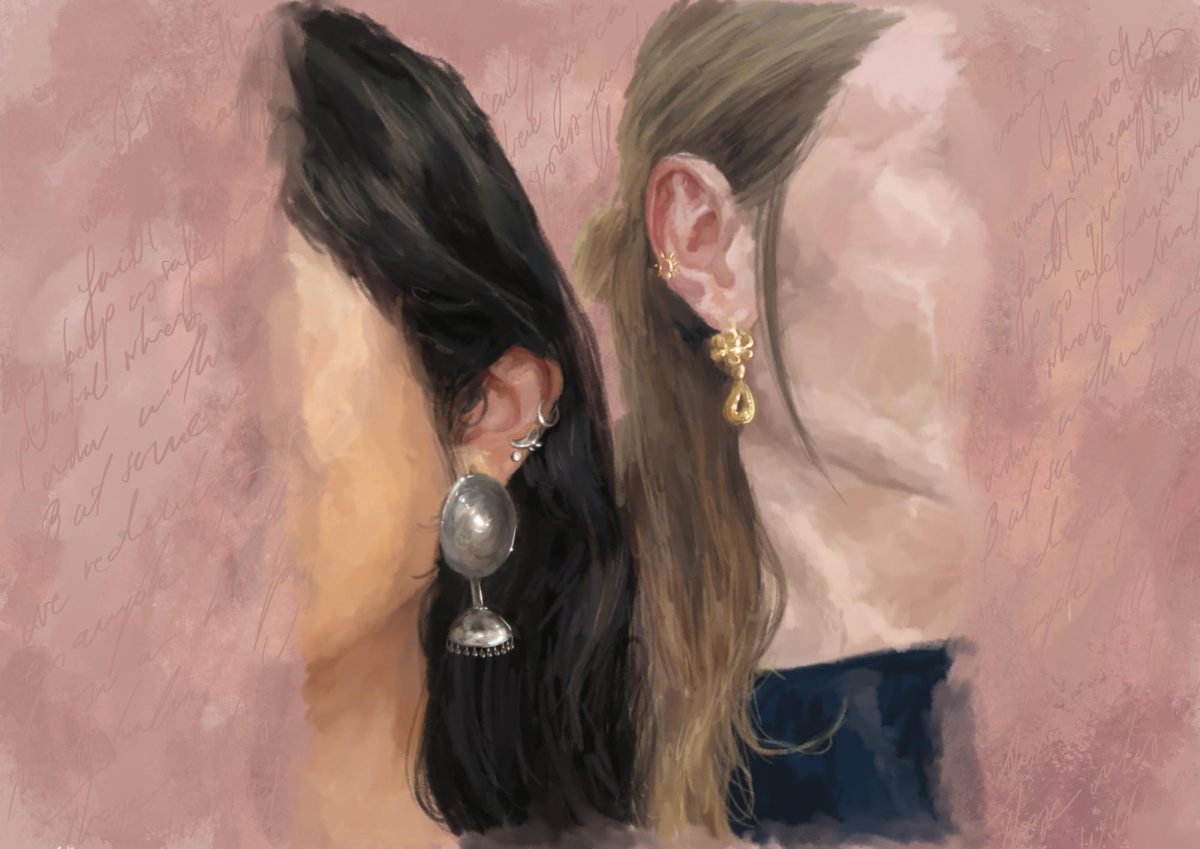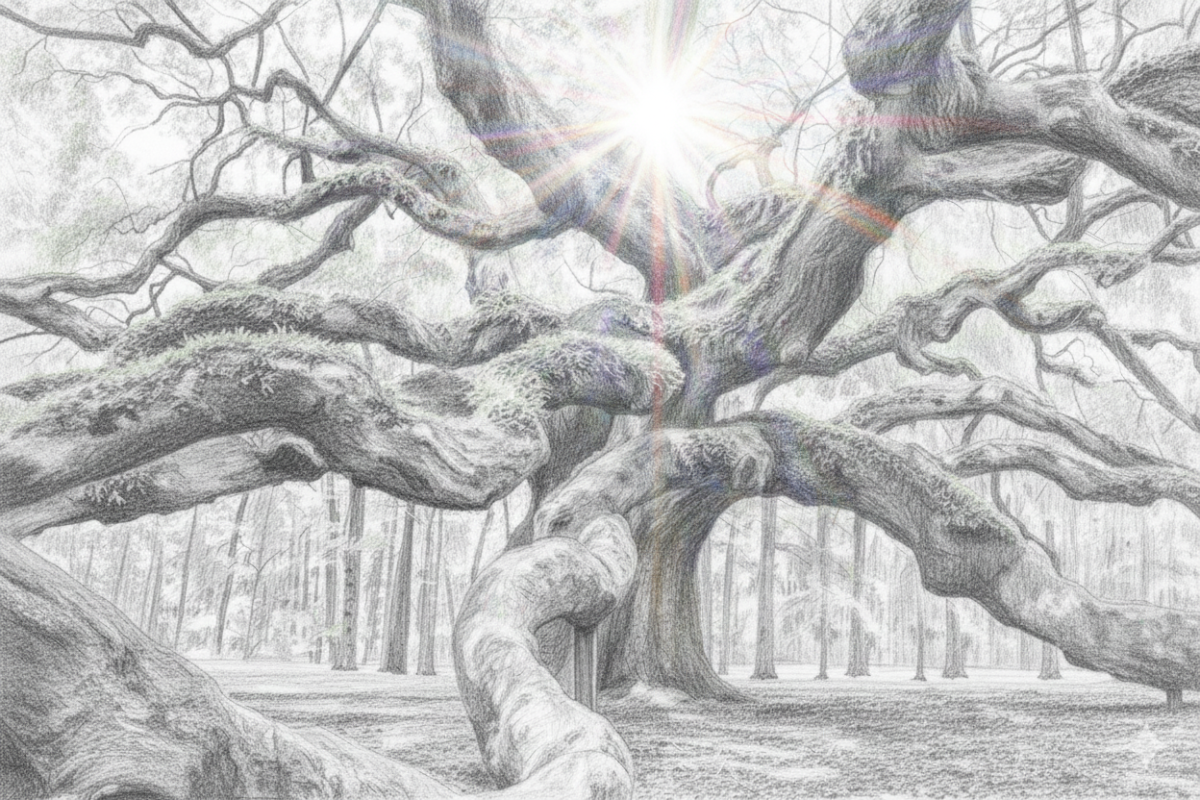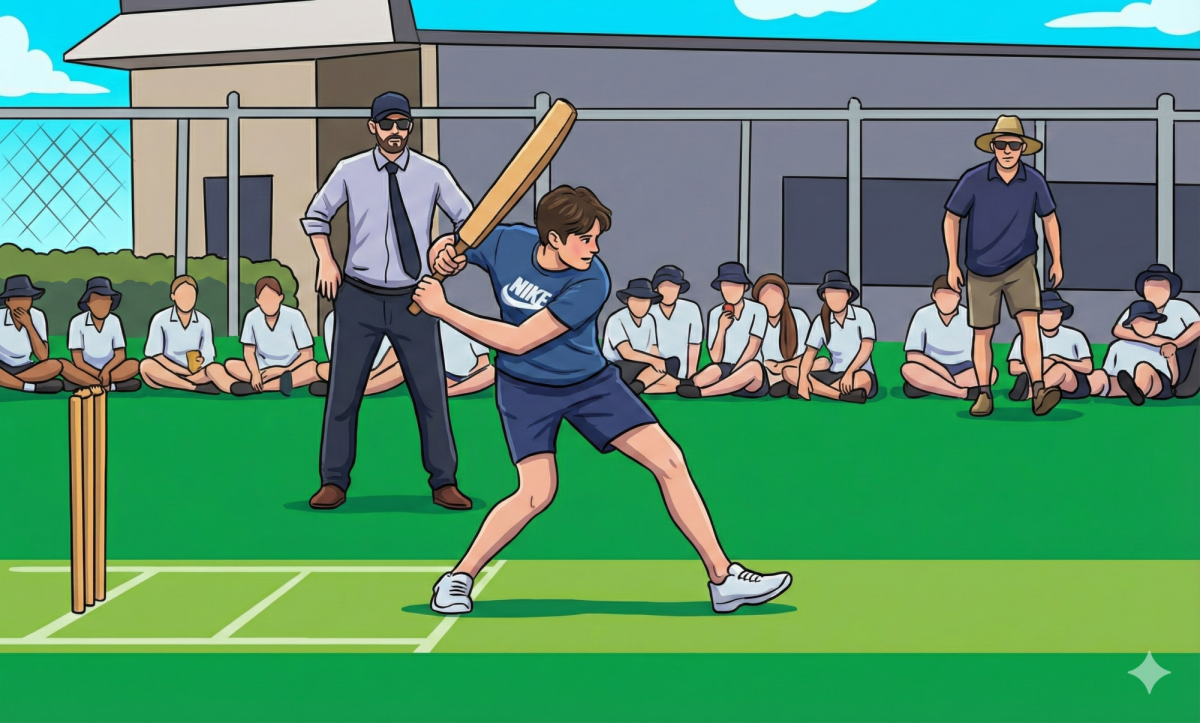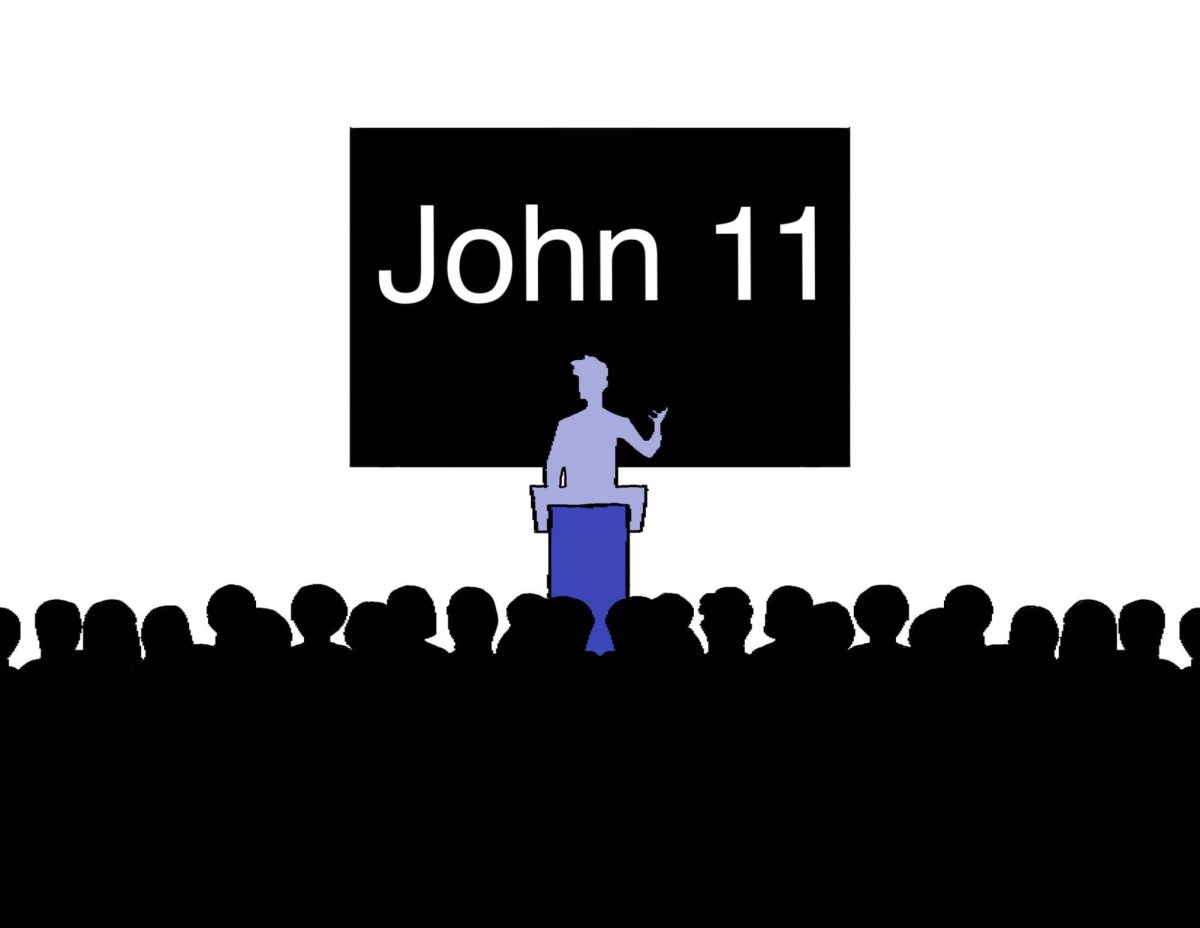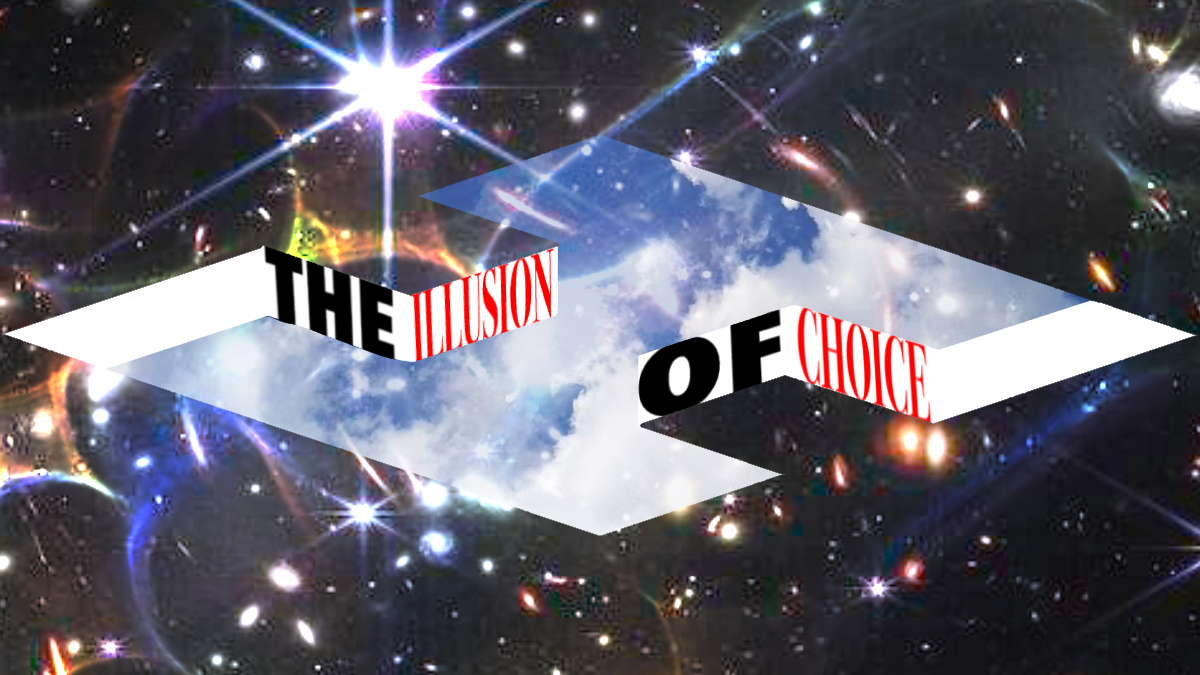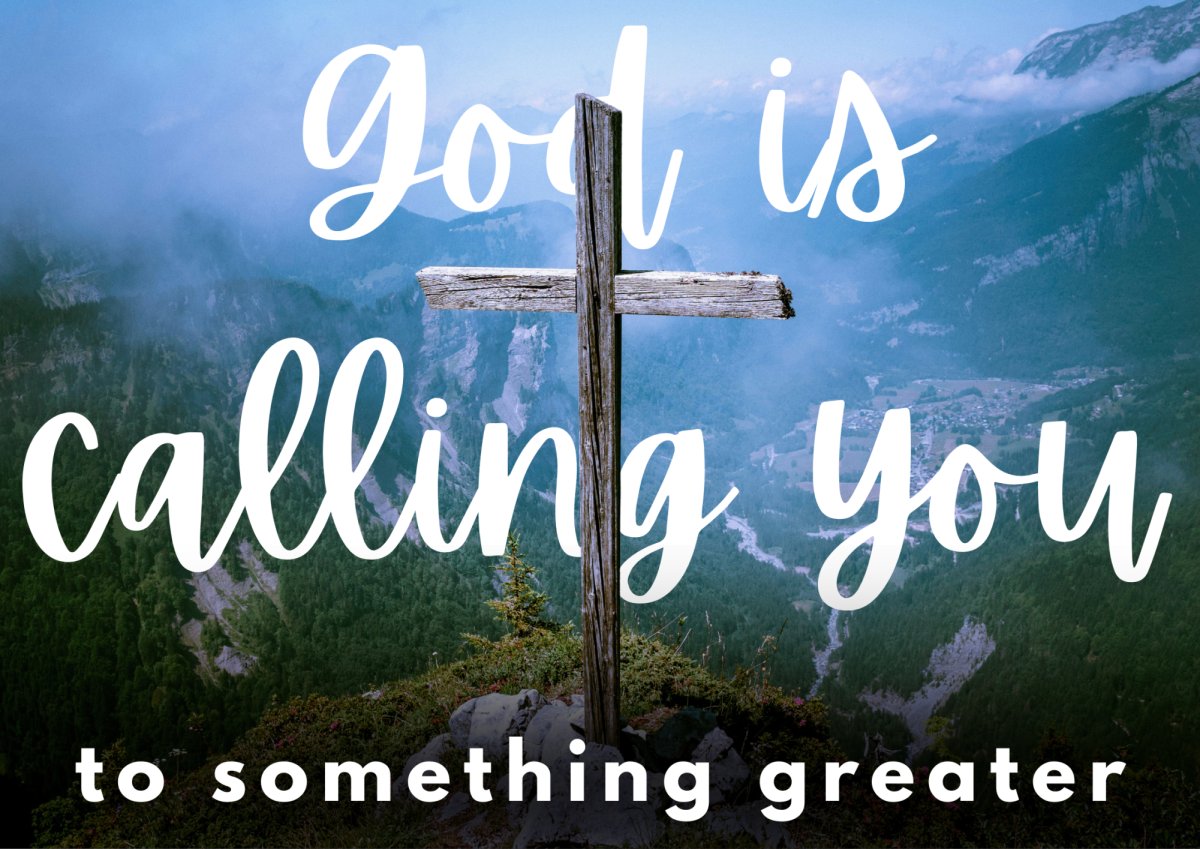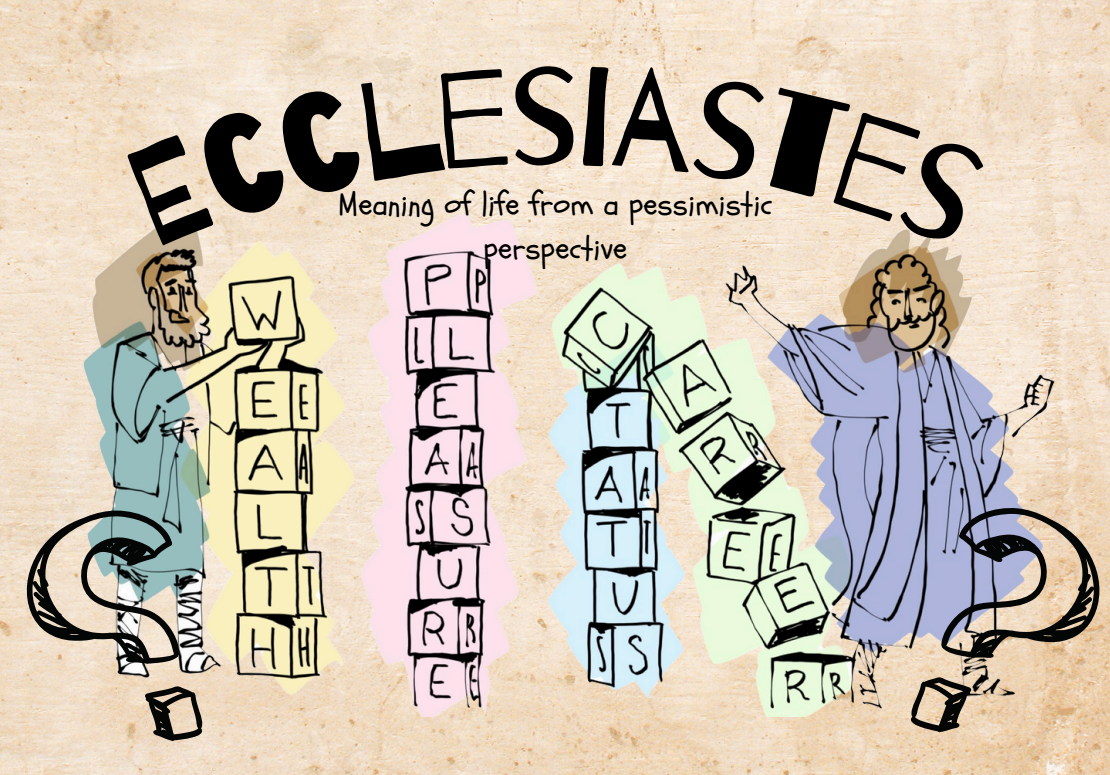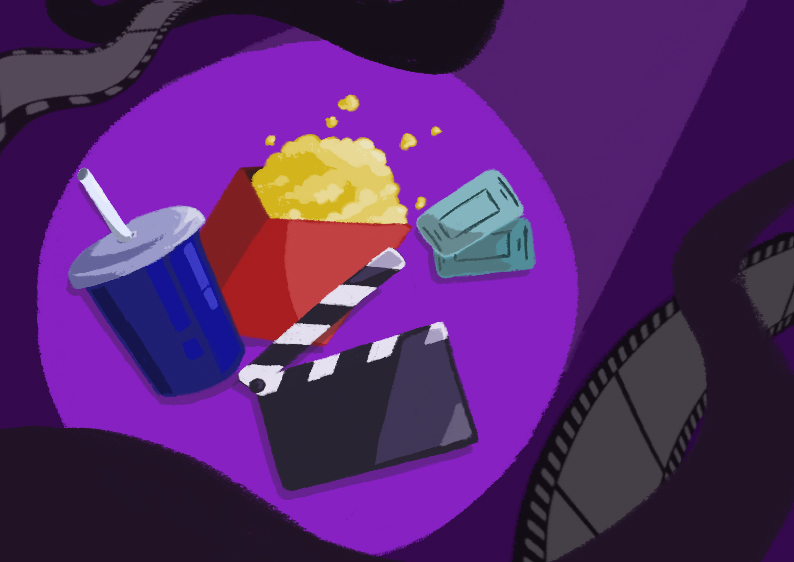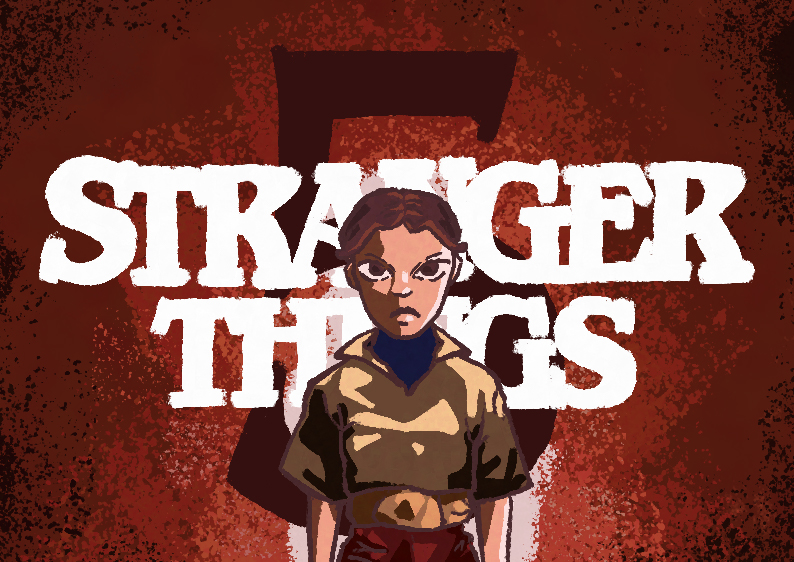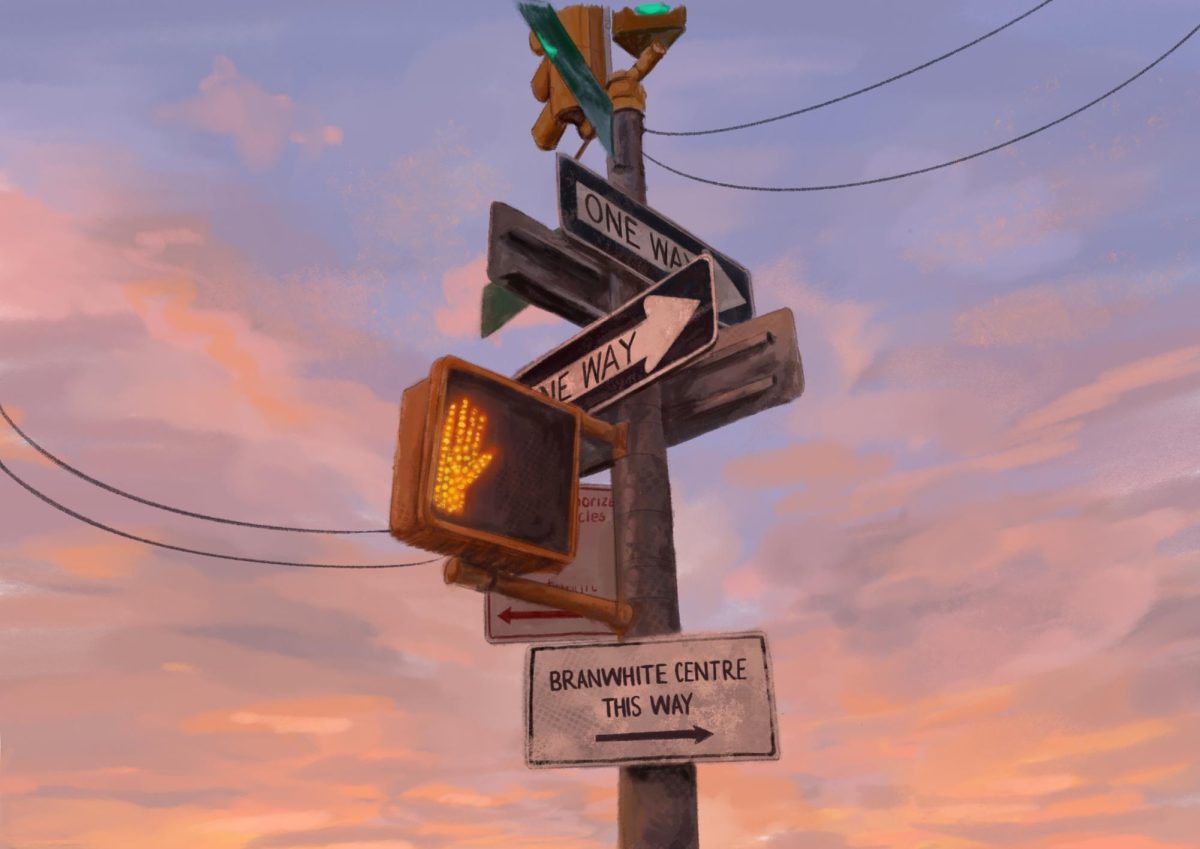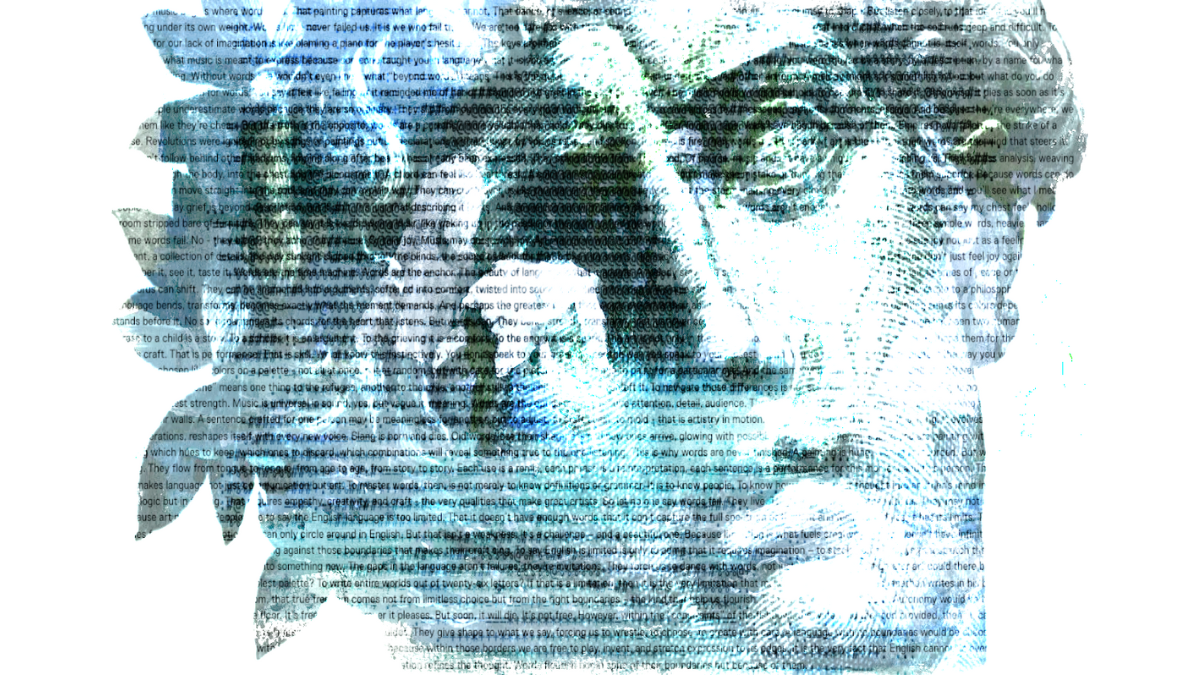I, The Witness
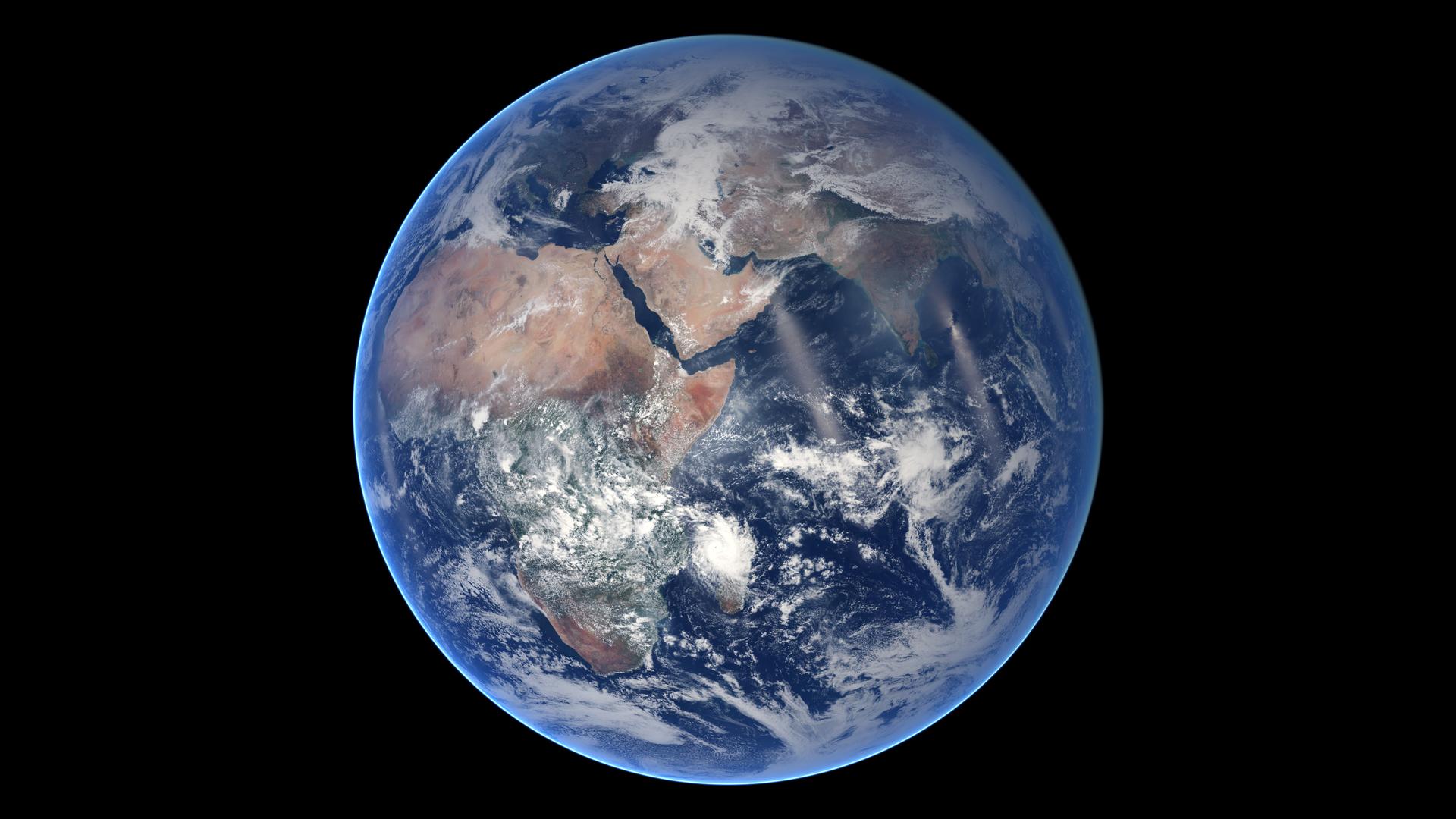
“But up there you go around every hour and a half, time after time after time. And you wake up usually in the mornings, just the way the track of your orbit goes, over the Middle East and over North Africa. As you eat breakfast you look out the window as you’re going past, and there’s the Mediterranean area, Greece and Rome and North Africa and the Sinai, that whole area. And you realize that in one glance what you’re seeing is what was the whole history of man for years – the cradle of civilization.
And a little later on, your friend, again one of those same neighbours, the person next to you, goes out to the moon. And now he looks back and he sees the Earth not as something big, where he can see the beautiful details, but now he sees the Earth as a small thing out there. And the contrast between that bright blue and white Christmas tree ornament and the black sky, that infinite universe, really comes through, and the size of it, the significance of it. It is so small and so fragile and such a precious little spot in that universe that you can block it out with your thumb, and you realize that on that small spot, that little blue and white thing, is everything that means anything to you – all of history and music and poetry and art and death and birth and love, tears, joy, games, all of it on that little spot out there that you can cover with your thumb.
And you realize from that perspective that you’ve changed, that there’s something new there, that the relationship is no longer what it was. And then you look back on the time you were outside on that EVA and on those few moments that you could take, because a camera malfunctioned, to think about what was happening. And you recall staring out there at the spectacle that went before your eyes, because now you’re no longer inside something with a window looking out at a picture. Now you’re out there and there are no frames, there are no limits, there are no boundaries.
You’re really out there, going 25,000 miles an hour, ripping through space, a vacuum. And there’s not a sound. There’s a silence the depth of which you’ve never experienced before, and that silence contrasts so markedly with the scenery you’re seeing and with the speed with which you know you’re moving. And you think about what you’re experiencing and why. Do you deserve this, this fantastic experience? Have you earned this in some way? Are you separated out to be touched by God, to have some special experience that others cannot have?
And you know the answer to that is no.
There’s nothing that you’ve done that deserves that, that earned that; it’s not a special thing for you. You know very well at that moment, and it comes through to you so powerfully, that you’re the sensing element for man. You look down and see the surface of that globe that you’ve lived on all this time, and you know all those people down there and they are like you, they are you – and somehow you represent them. You are up there as the sensing element, that point out on the end, and that’s a humbling feeling. It’s a feeling that says you have a responsibility. It’s not for yourself. The eye that doesn’t see doesn’t do justice to the body. That’s why it’s there; that’s why you are out there. And somehow you recognize that you’re a piece of this total life. And you’re out there on that forefront and you have to bring that back somehow. And that becomes a rather special responsibility and it tells you something about your relationship with this thing we call life.” So that’s a change. That’s something new. And when you come back there’s a difference in that world now. There’s a difference in that relationship between you and that planet and you and all those other forms of life on that planet, because you’ve had that kind of experience. It’s a difference and it’s so precious. And all through this I’ve used the word “you” because it’s not me, it’s not Dave Scott, it’s not Dick Gordon, Pete Conrad, John Glenn – it’s you, it’s we.
It’s life that’s had that experience.”
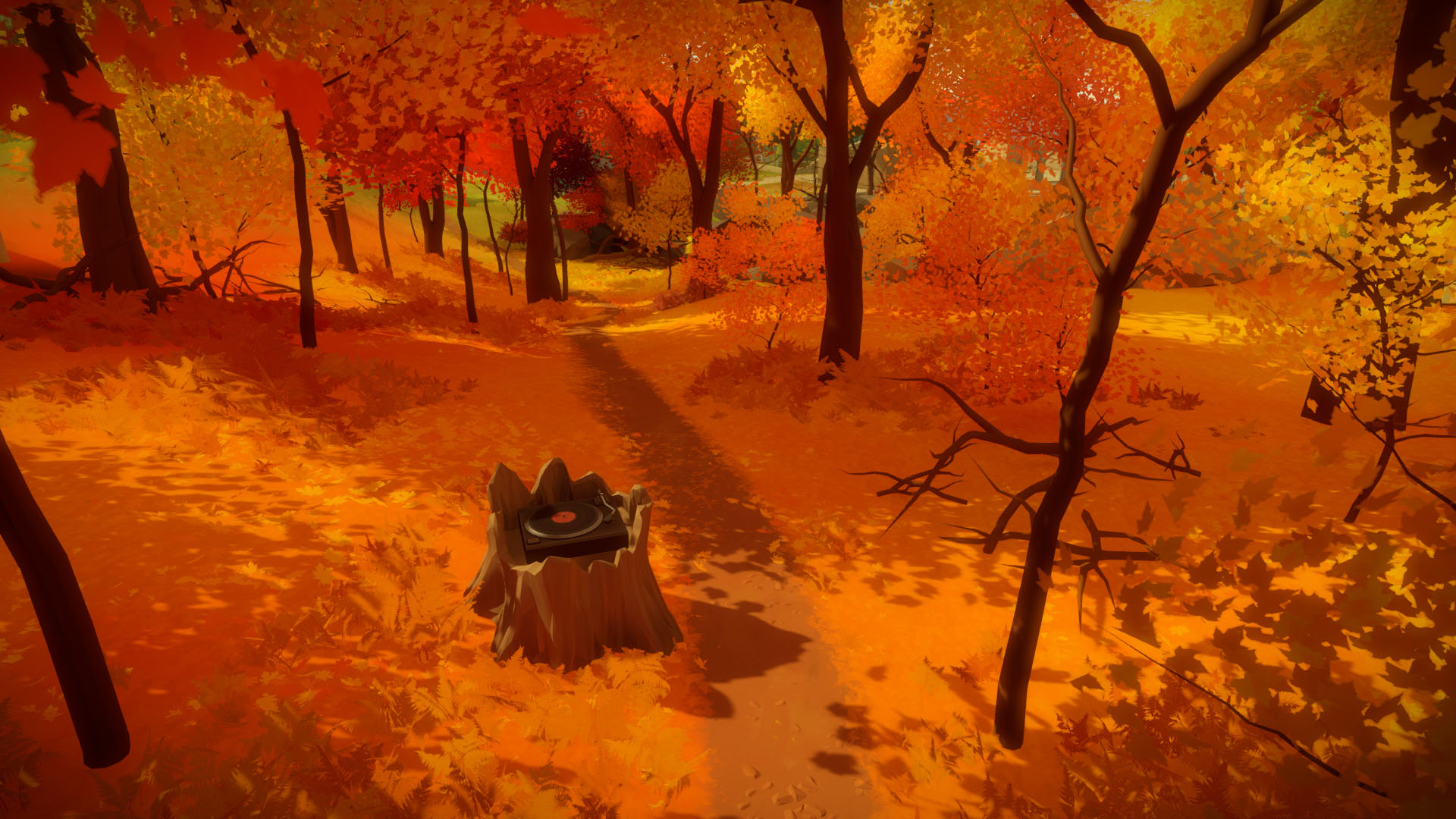
I began writing this article two years ago when I joined We Are (check out my first article while you’re at it.. what a throwback). I sent it in as an unintelligible mess, and to no surprise, it went unpublished. Well, now since I’m Editor in Chief, nobody gets to tell me whether or not it gets published. For two years I let it think as I continued to revise and refine it – the temptation of coming back to it always looming but never strong enough to do so. As I come around to my final chance to write for We Are I thought it only appropriate to finish it.
Looking back on my first draft from two years ago I can see how much I have changed. I look back on myself from two years ago and wonder if he actually knew anything, whether I was even conscious. I hate my first draft of this – it is mere ramble and I have done my best to keep this short before an inevitable descent to insanity. I can only wonder if two years from now I will perhaps realise how naïve I am now.
Jonathan Blow’s 2016 game “The Witness” (see also, The Witness – A Great Game You Shouldn’t Play)was the first to teeter me towards the edge of insanity. The game follows an unknown persona in their plight against a stagnant world, simply solving puzzles but uncovering the remnants of life and perhaps greater existence and meaning. Alas, this eternal search for life and movement is fruitless – it is all but a search, nothing more. But even so, even amongst a knowing state of meaningless, we are driven to search for more; to find meaning in what is so definitively a meaningless state.
This search is exactly what blinds us.
A search for something we take for granted as needing to exist, but that ultimately does not. In a perpetual quest for answers, we – humanity, will never be satisfied in our search. There is no answer you could provide that would satisfy a search for meaning. We would still want more.
And so in these last two years, I grappled with this search for meaning. If I do not believe in an external realm, then what? Is life worth living? Is there some meaning I may eventually find out of it? What if I find that meaning?
And I can only hope there isn’t any, for I have ended my search.
I found peace in ending this search – and could only conclude one way: the search for meaning is pathetic, and to find peace is to simply make the most of our life here. To not dwell on what may never come but to find our own meaning.
I, the witness, will never be able to observe anything of ultimate satisfaction. It is the lesson that Jonathan Blow teaches us, what Russel Schweickart tells us – it is freedom from the infinite curiosity of the human condition.
And so, how must we derive meaning?
If you’ve met me, you’d know I’m something of a science nerd (“something” is perhaps a little bit of an understatement) – I love approaching everything in a logically ordered manner. And so, if we exist on this planet purely from an evolutionary sense, it is only logical that our purpose is to further the creation of a larger human population and its sustenance. But, in freedom from this derived meaning, I believe your meaning can be truly self-defined. I have found I can only reasonably derive myself deontologically from the responsibility I have to the world around me.
For me, to live a fulfilled life from here will be to apply myself to see a thriving world that I can leave a better place when I exit it as compared to entering it; to love and grow and enjoy every moment I can in this life.
That is the simple conclusion I have reached over the last two years.
I hope that you too can find meaning in yourself.


